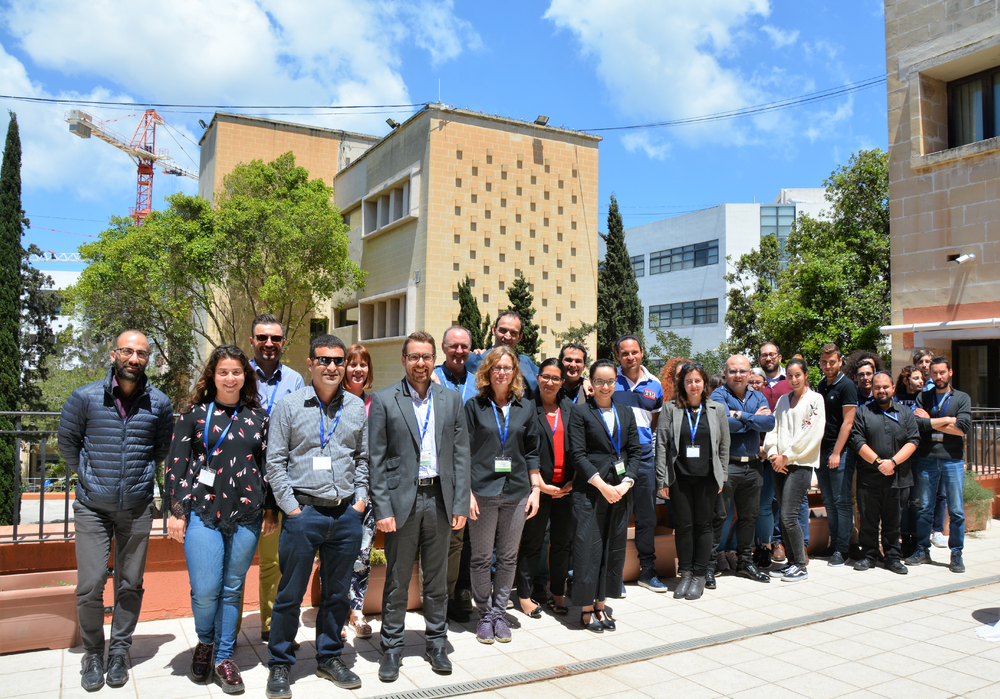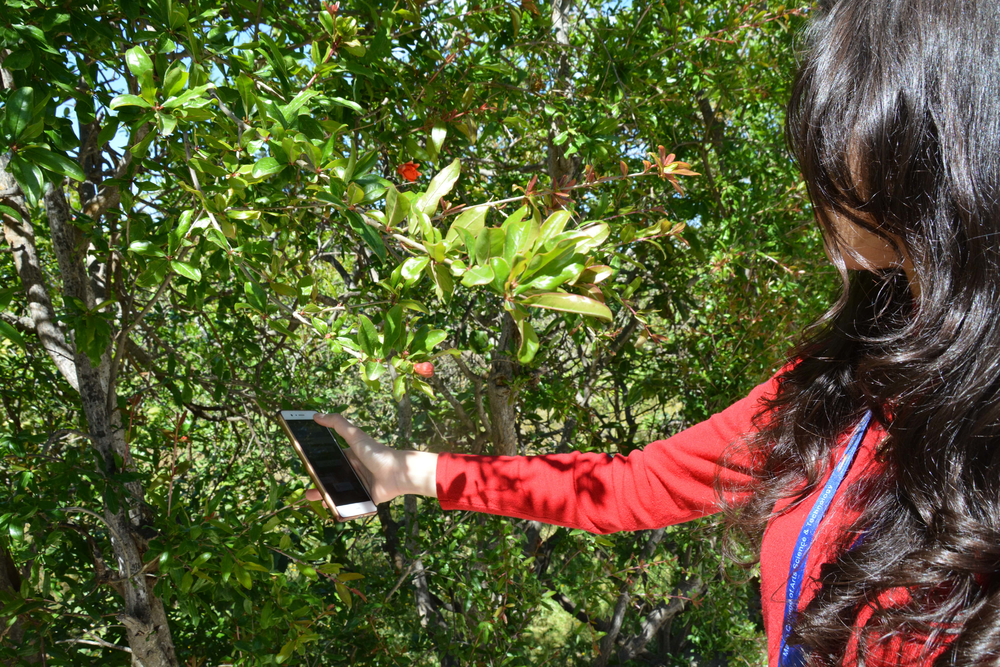Successfully held the first training on ecosystem services and green infrastructure
The first ReNature training course "Techniques and Methods in Biodiversity and Land Monitoring" took place between 7 and 9 May 2019 in Malta. The Malta College of Arts, Science & Technology (MCAST) welcomed over 30 students, researchers and stakeholders to a training on ecosystem services and green infrastructures, led by project partners and the ReNature research community.

The training began with a workshop on the priority knowledge needs for nature-based solutions in Mediterranean islands. Students and stakeholders had to estimate the importance of knowledge needs, after which the differences between the perceptions of both groups were identified. Participants prioritized over 70 knowledge needs, examining questions like "How can ecosystem services support urban areas?" and "Is there any funding available for implementing nature-based solutions?". Diverse points of view contributed to a lively and fruitful discussion.
Within the training, participants were introduced to the online interactive guidance tool MAES Explorer, developed during the ESMERALDA project, which presents the seven steps to mapping and assessment of ecosystem services.
"I wish this tool was developed at the time when I was writing my master thesis," training participant explains. "It is extremely well-structured and helpful to students and practitioners and I will definitely use it in the future."
The ReNature training also consisted of a fieldwork session dedicated to mapping green infrastructure and tree diversity in an urban area of Malta. During the session, participants used the brand new ReNature mobile application, called "ReNature Malta", a specifically designed tool for mapping biodiversity. The app is available on Google Play Store and free for download.

"We started together today, but we will keep on mapping green infrastructures in the future aiming to find new solutions for environmental and societal challenges," project coordinator Dr Mario Balzan concludes at the end of the training.
The fieldwork was followed by data evaluation of the nature-based solution capacity of the mapped trees.
The first ReNature training successfully addressed main issues associated with ecosystem services and green infrastructure. Training participants learned to select the appropriate ecosystem service mapping and assessment method for a specific purpose, explain the concept of green and blue infrastructure in rural, urban and coastal environments and to map green infrastructure at an appropriate scale.
��How can we increase the actual use of #NatureBasedSolutions? What could we do to change policy and practice?
— ReNature Project (@ReNature_H2020) May 7, 2019
These and many other questions being answered during the ReNature workshop on knowledge needs in #Malta and other #Mediterranean islands. pic.twitter.com/snbtckanVb
This training is part of a series of capacity-building activities, organized by ReNature. A total of five cross-cutting training courses and two summer schools will take place until the end of the project.